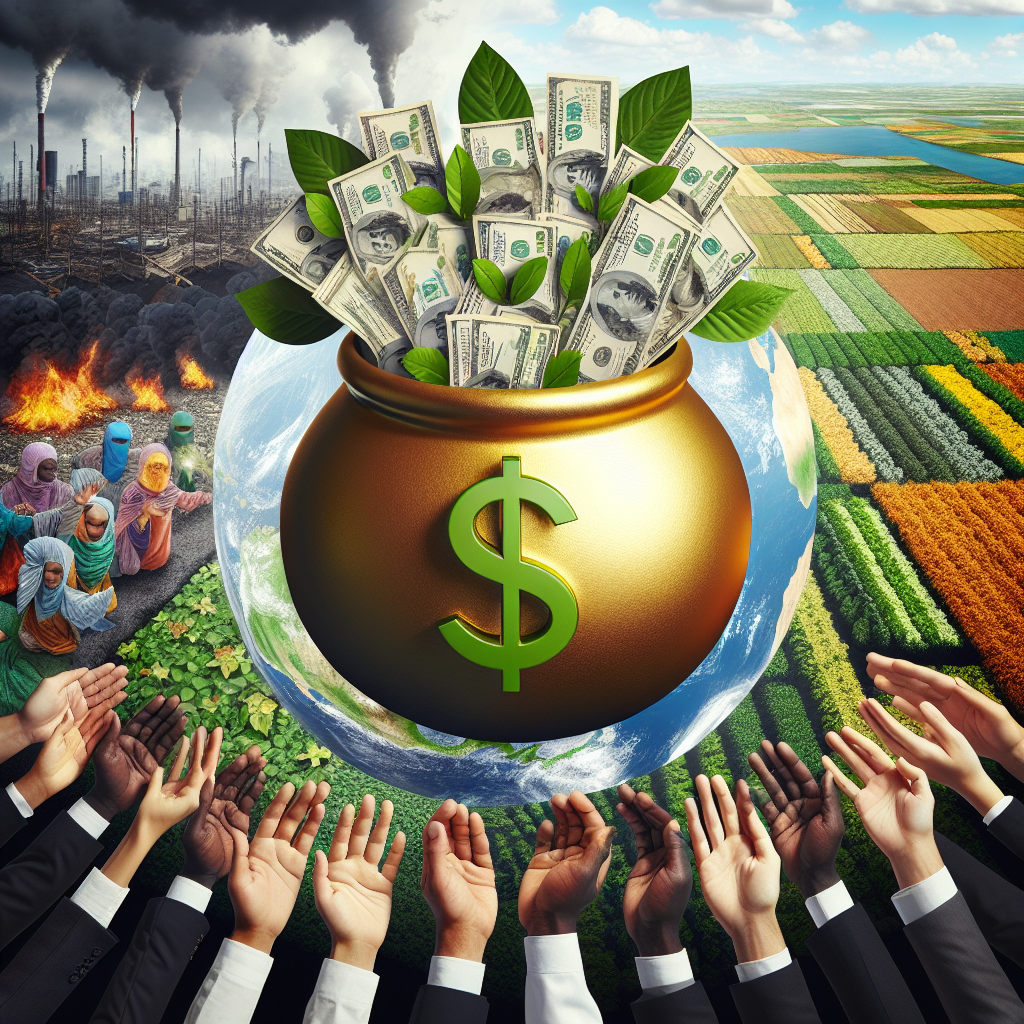As part of its commitment to driving Viet Nam’s green transition, the International Finance Corporation (IFC) has increased its long-term investments in the country, focusing on climate finance to support sustainable development and a resilient, competitive private sector. In the fiscal year ending June 30, IFC’s total commitments in Viet Nam exceeded $1.6 billion, with $750 million directed toward long-term financing. Among this, $310 million was allocated to climate-resilient projects, marking a record climate financing effort for IFC in Viet Nam and the highest in East Asia and the Pacific for fiscal year 2024.
IFC’s climate finance efforts extend to various sectors, addressing major development needs in food security, trade facilitation, and manufacturing. Through $896 million in short-term trade and supply chain finance, IFC empowered local businesses to maintain robust trade flows, supporting economic growth and job creation.
In collaboration with the Asian Infrastructure Investment Bank (AIIB), IFC co-invested $75 million in climate bonds issued by SeABank, following IFC’s earlier support for SeABank’s issuance of Viet Nam’s first blue bond and green bond. These bonds aim to finance climate resilience projects and sustainable ocean economy initiatives, setting a strong precedent for private banking involvement in green finance.
For the first time, IFC also facilitated the issuance of local currency sustainability-linked bonds by BIM Land Joint Stock Company and its subsidiary Thanh Xuan Joint Stock Company, which will support sustainability in Viet Nam’s tourism sector. In partnership with the Australian government, IFC worked with local banks and corporations to build sustainable finance frameworks to enable future climate investments.
To ensure a greener banking sector, IFC and the Swiss State Secretariat for Economic Affairs (SECO) partnered with the State Bank of Viet Nam to introduce environmental risk management regulations. These will standardize environmental risk assessment across the sector, enhancing the capacity of local banks to manage environmental risks. Additionally, with other development partners, IFC is working with regulators to establish a green taxonomy that aligns with Viet Nam’s low-carbon goals.
"As a global leader in climate finance, IFC is equipped to introduce innovative financing instruments to Viet Nam’s market,” said Thomas Jacobs, IFC’s Country Manager for Viet Nam, Cambodia, and Lao PDR. “Our investment signals a new, viable climate-finance market in Viet Nam, encouraging banks and real sector investors to shift toward responsible, sustainable investments, fostering a low-carbon economy."
IFC’s investment in Viet Nam also extended to agriculture and heavy industries. The organization provided guidance on sustainable rice farming and helped industries with high emissions adopt green practices. To support future carbon trading, IFC worked on enhancing the country’s carbon market regulations, focusing on greenhouse gas mitigation, especially within the livestock sector.
Small and medium enterprises (SMEs), the backbone of Viet Nam's economy, received IFC’s support through a $30 million supply-chain finance facility created in partnership with VPBank to aid local importers and exporters. IFC also co-funded a $60 million platform with Welcome Financial Group to assist financial institutions in managing non-performing loans, helping them free up capital for new lending.
"With Viet Nam on track to becoming a high-income country, the private sector’s role in sustainable economic growth is essential," said Jacobs. "IFC’s program last year reflects our commitment to helping Viet Nam build a resilient, green economy capable of addressing global and local challenges."
Across Asia Pacific, IFC committed a record $12.2 billion to 123 projects in fiscal year 2024, representing an 11 percent increase from the previous year. These projects addressed climate change, gender inequality, food insecurity, and financial inclusion, making substantial impacts while promoting job creation and enhanced services throughout the region.











